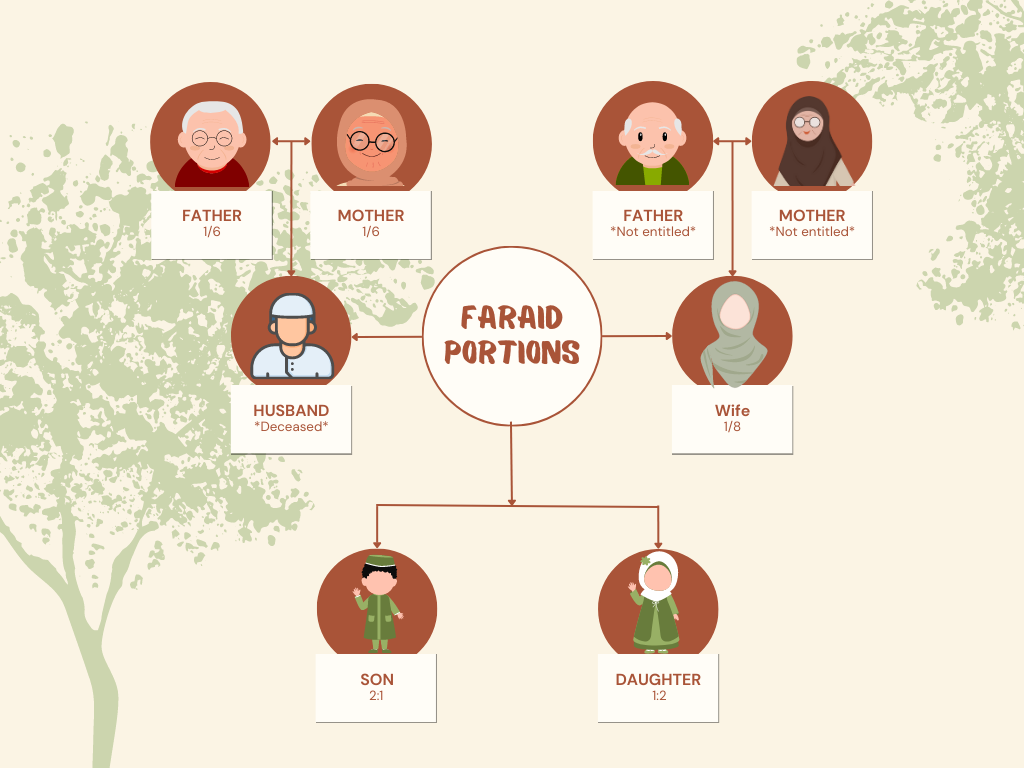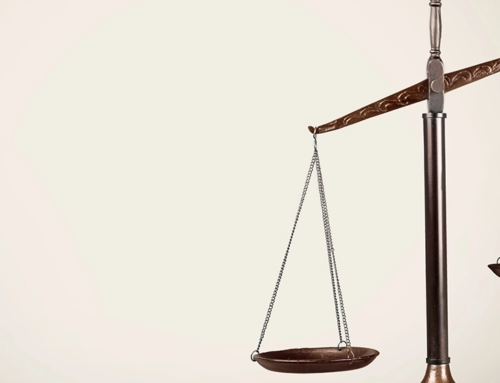WASIAT AND FARAIDH
WASIAT AND FARAIDH
Estate planning is highly encouraged in Islam. Unfortunately, due to lack of knowledge, many Muslims didn’t realize how crucial it is to have a Wasiat nowadays. They often have this perception that inheritance distribution is only limited to their lawful heirs, and it is already sufficient that their estate will be divided by the Laws of Faraid. What people are often confused about is that Wasiat and Faraid are two separate things.
Wasiyah/Wasiat refers to a legal document made by a Muslim whereby the donor of a property conveys his last wish in writing or verbally how some of his property shall be distributed. This is made so that those who are not the lawful heirs of the Testator may still receive the estate, in other words, a testator can make provisions to benefit their loved ones who do not fall within the category of lawful heirs or beneficiaries in Islam. For instance, adopted children, orphans, mosque or to any NGOs. However, under Wasiat, there is a limit on the quantum of entitlement. Islamic Law only allows a person to bequeath up to 1/3 (one third) of his or her estate to whomever he or she wishes. If there’s a situation where the owner of a property wants his property to be distributed more than one third of his entire estate in the Wasiat to a non-heir, it is required to obtain consent from the lawful heirs.
Faraid on the other hand, provides a systematic distribution of property upon the death of a Muslim and ensures that the surviving dependents and relatives of a deceased person will benefit from his estate. While the portions for non-heir beneficiaries named in Wasiat would be 1/3 (one-third), the other 2/3 (two third) would fall under the Laws of Faraid. The purpose of Faraid is to prevent contention and disputes over inheritances, by clearly specifying the shares that should be given to each relative.

In conclusion, Islam encourages Muslims to have a balance between the fulfilment of both spiritual and worldly obligation. Such understanding should apply in every aspect of Muslims’ life including financial planning. It is vital to understand the distinct purposes of Wasiat and Faraid as both have their own roles in ensuring a fair and just distribution of assets in accordance with Islamic principles.


















